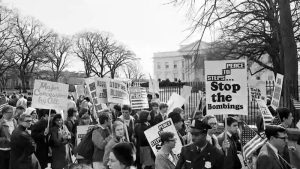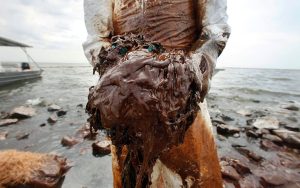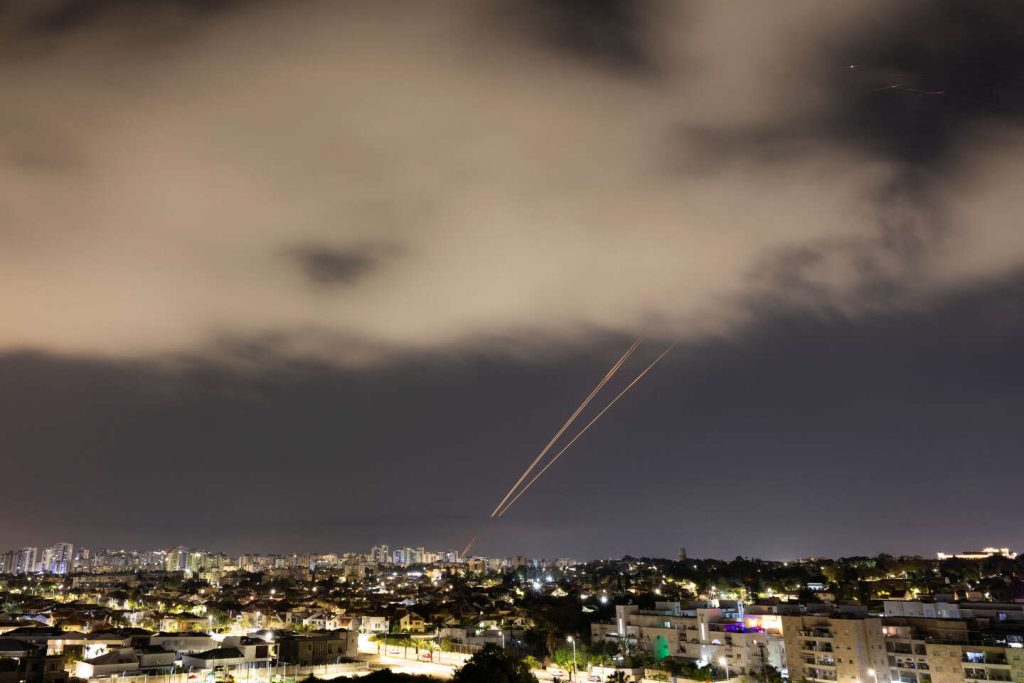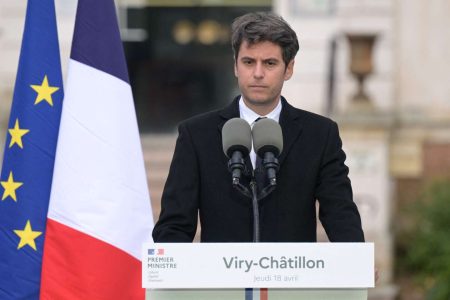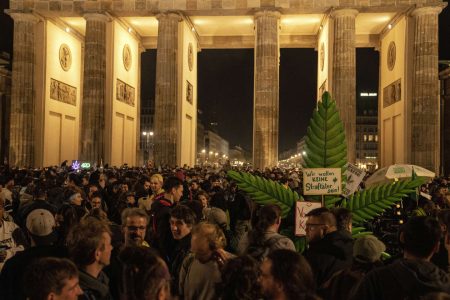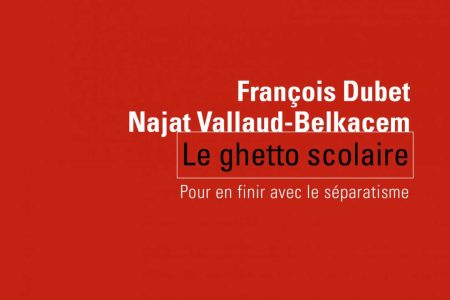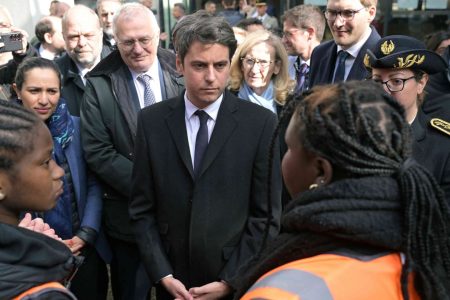Iran launched an unprecedented aerial attack on Israel on the night of Saturday, April 13 to Sunday, April 14. The operation, named “Honest Promise”, was in response to the strike that destroyed Iran’s consulate in Damascus on April 1, attributed to Israel. Israel’s military claimed to have “foiled” the attack by intercepting “99% of the shots” with its defense system and the help of allies. Over three hundred projectiles were launched at Israel, including drones, cruise missiles, and ballistic missiles, but only a few landed on Israeli territory, notably at Nevatim airbase in the Negev. Calls for calm came from Western governments, the G7, and the UN, urging de-escalation. France advised its citizens to temporarily leave Iran if commercial flights were available.
In Sydney, Australia, a man with a mental illness killed six people in a shopping center on Saturday. The attacker, a 40-year-old man with a long-standing mental illness, was quickly identified by investigators, who ruled out any terrorist motive. Officials stated that there was no evidence of a specific motivation behind the attack, emphasizing the assailant’s mental health issues. The man was known to the police and came from the state of Queensland. He was pursued and shot by a policewoman, highlighting the tragic incident borne out of mental health challenges rather than ideological motives.
In New Caledonia, large demonstrations took place in Noumea both in support and against the expansion of the electoral body. About 32,000 people, including 15,000 pro-independence and 17,000 anti-independence demonstrators, gathered to express their views on the extension of voting rights in New Caledonia ahead of upcoming provincial elections. The proposed constitutional law aims to allow residents who have lived on the territory for at least ten years to vote. Loyalists marched in support of electoral expansion, while independence supporters rallied against the reform, voicing concerns about the potential impact on peace in the region.
The conflict between Israel and Hamas continued, with accusations flying over the failure to reach a ceasefire agreement in Gaza. Israel’s Mossad intelligence agency claimed that Hamas leader Yahya Sinouar rejected the latest truce proposal discussed in Cairo, indicating a desire to escalate tensions by exploiting the situation with Iran. Israel pledged to keep working towards its goals in countering Hamas, as the rejection of the proposed truce hinted at Hamas’ reluctance to engage in humanitarian agreements or hostage releases. The ongoing conflict underscored the challenges in achieving lasting peace in the region.
Victor Wembanyama, a French basketball player with the San Antonio Spurs, ended his rookie NBA season with an impressive performance, leading his team to a prestigious victory over the Denver Nuggets. Wembanyama, who had been playing with an ankle injury, was rested for the final game of the season to prioritize his health. Despite missing the last game, Wembanyama’s outstanding statistics throughout the season positioned him as a top contender for the Rookie of the Year award. The young player’s promising start in the NBA highlighted his potential for future success in the league. Additional news items included motorcycle protests in France, basketball results, cancer treatment breakthroughs, and other scientific achievements.



